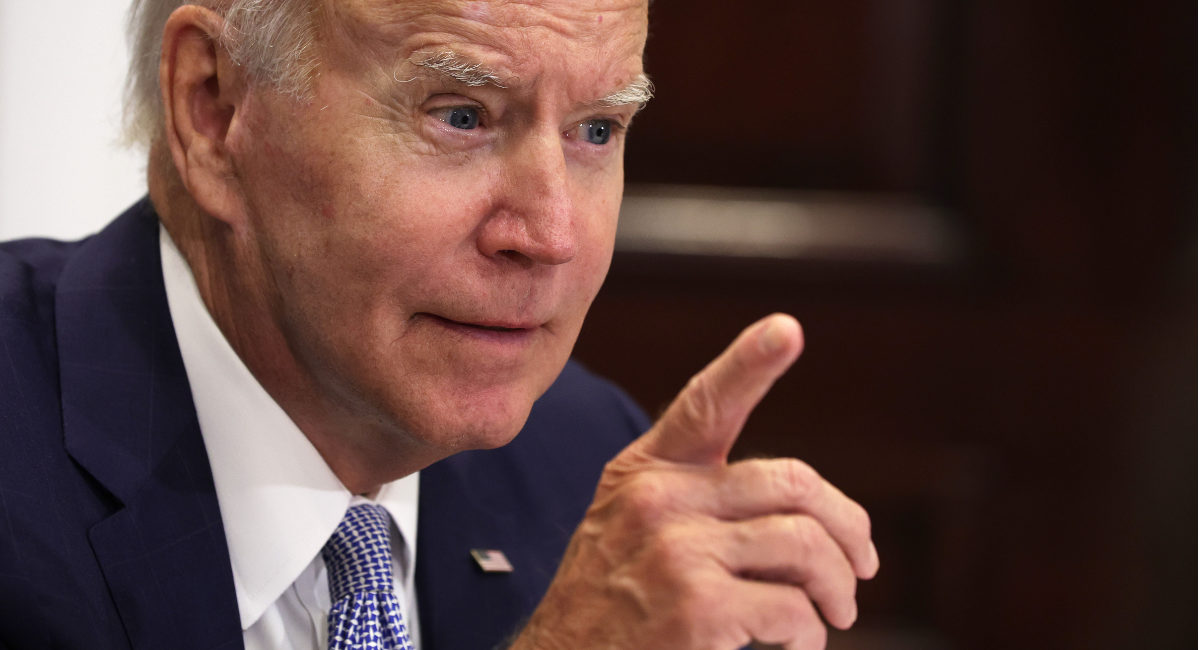Less than three months after the World Medical Association (WMN) voted to protect conscience rights for medical professionals, the Biden administration has put forth a proposal aimed at stripping away those protections in the U.S.
The Department of Health and Human Services (HHS) released the proposal on Thursday. It would partially repeal a 2019 Trump Administration rule — one that never officially took effect — that said any health facility that denied conscience rights to staff would lose federal funding. While noting that doctors and medical personnel have a right to object to participating in certain procedures such as abortion, assisted suicide, and euthanasia, HHS claimed that the patient’s rights to such procedures are of the utmost importance.
Conscience protections for healthcare workers have been in place for decades and can be found within a number of federal laws including Title VII of the Civil Rights Act of 1964, the Church Amendments of the 1970s, and both Section 1303(b)(4) and Section 1553 of the Affordable Care Act.
“Some doctors, nurses, and hospitals, for example, object for religious or moral reasons to providing or referring for abortions or assisted suicide, among other procedures. Respecting such objections honors liberty and human dignity. It also redounds to the benefit of the medical profession,” the Biden administration proposal states, adding, “[but] patients also have autonomy, rights, and moral and religious convictions. And they have health needs, sometime[s] urgent ones. Our health care systems must effectively deliver services to all who need them in order to protect patients’ health and dignity.”
However, induced abortion and physician-assisted death are both examples of procedures that are unnecessary, not health care, and not “urgent”. Each of these procedures involves the intentional killing a human being.
Induced abortion is intentional killing (not a procedure done to protect a woman’s life) and is not medically necessary — as more than 1,000 doctors attested to when they signed the Dublin Declaration, stating, “As experienced practitioners and researchers in obstetrics and gynaecology, we affirm that direct abortion – the purposeful destruction of the unborn child – is not medically necessary to save the life of a woman.”
Assisted suicide and euthanasia target the ill and the disabled, who have expressed they have felt pressured toward physician-assisted death out of fear that they will otherwise be a burden on their families and caretakers. A study from the New England Journal of Medicine found that few patients requested assisted suicide because of pain and suffering. Rather, most people who requested physician-assisted death cited a loss of autonomy as their reason. Other frequent reasons listed were fear of being a burden on others, and not being able to enjoy life. And, another study found that 72% of older individuals who expressed a wish to die changed their minds once their feelings of depression and loneliness were addressed.
As the abortion industry deals with a lack of doctors willing to commit abortions, it is unsurprising that abortion giants Planned Parenthood and the ACLU Reproductive Freedom Project are celebrating the federal government’s desire to force medical personnel to participate in abortion — even claiming that not committing abortions will cause harm.
“At a time when health care access is under attack across the country, it is even more imperative that this illegal and harmful rule be repealed. Other people’s beliefs do not give them license to discriminate, to deny essential care, or to cause harm to others,” Alexa Kolbi-Molinas, deputy director of the ACLU Reproductive Freedom Project, said in a statement.
Jacqueline Ayers, the senior vice president of policy, organizing and campaigns for Planned Parenthood, claimed conscience rights are “discriminatory.”
But as Live Action News previously noted:
The Founders recognized freedom of conscience as an unalienable right. Thomas Jefferson wrote, “[O]ur rulers can have authority over such natural rights only as we have submitted to them. The rights of conscience we never submitted, we could not submit. We are answerable for them to our God.”
Similarly, James Madison, considered the Father of the Bill of Rights, understood:
[I]f man cannot be loyal to himself, to his conscience, then a government cannot expect him to be loyal to less compelling obligations, including rules, statutes, judicial orders, and professional duties. If the government demands that he betray his conscience, the government has eliminated the only moral basis for obeying any law.
The U.S. Supreme Court has also traditionally upheld conscience rights.








